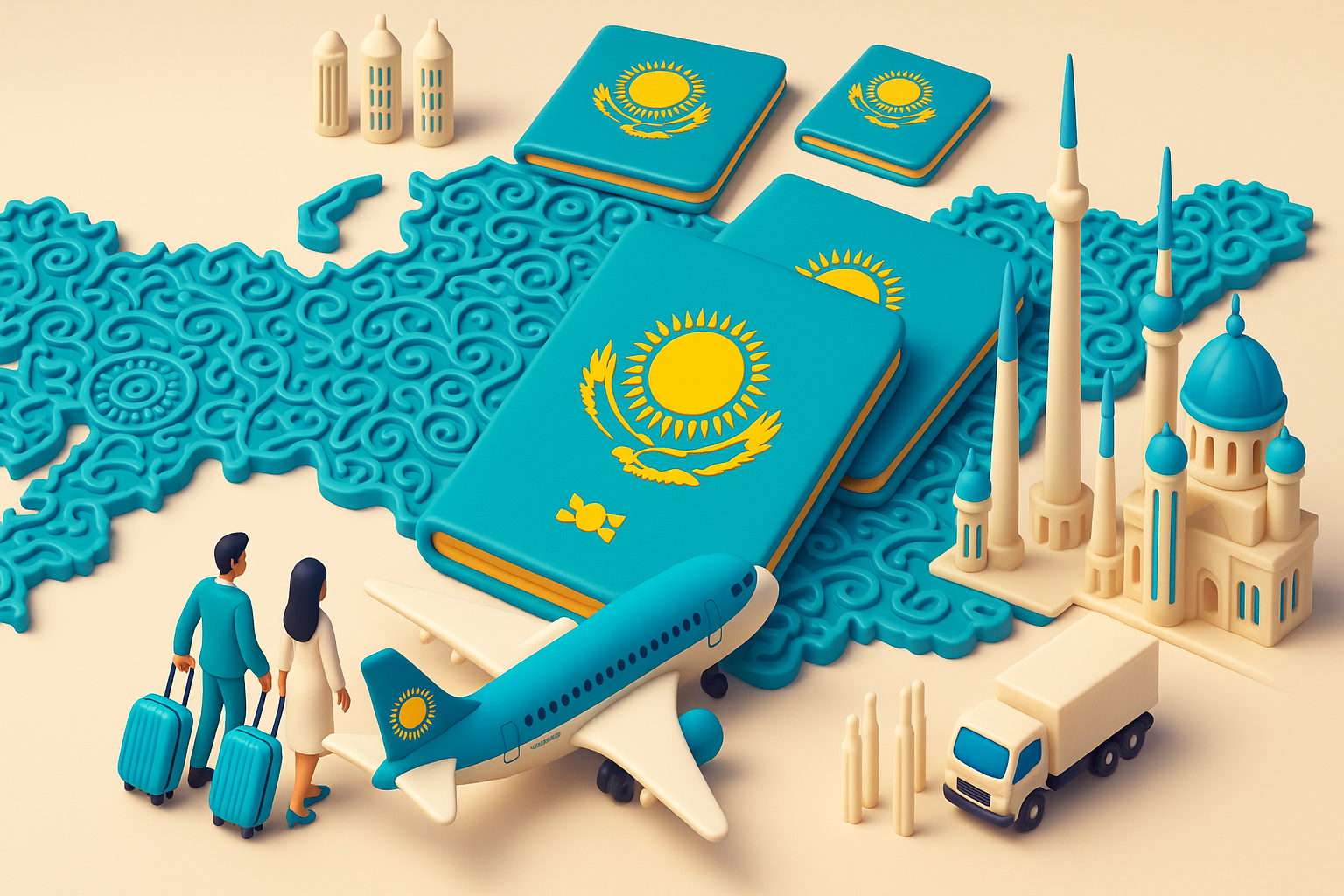
In 2025, a total of 11,012 ethnic Kazakhs returned to their historical homeland and were granted kandas status. Since 1991, a total of 1,159.1 thousand ethnic Kazakhs have returned to the Republic of Kazakhstan.
Of the kandas who arrived in Kazakhstan since the beginning of the current year, 45.7% came from Uzbekistan, 42.1% from China, 4.5% from Turkmenistan, 2.6% from Russia, 2.6% from Mongolia, and 2.5% from other countries.
As of 1 October 2025, 58.4% of ethnic migrants are of working age, 32.8% are minors, and 8.8% are pensioners.
Among kandas of working age, 15.3% hold higher education degrees, 28.4% have secondary specialised education, 50.6% have general secondary education, and 5.7% have no formal education.
The arriving ethnic Kazakhs have settled across various regions of the Republic.
At the same time, the following labour-deficient regions have been designated for the resettlement of kandas: Akmola, Abai, Kostanay, Pavlodar, Atyrau, West Kazakhstan, East Kazakhstan, and North Kazakhstan regions.
The quota for the reception of kandas in the resettlement regions for 2025 amounts to 2,309 persons. As of 1 October 2025, 1,725 kandas have been relocated to these regions.
Kandas resettling in the above-mentioned regions are provided with state support measures, including:
a one-time relocation subsidy of 70 MCI (equivalent to 275.2 thousand tenge) for the head and each member of the family;
a monthly housing and utilities allowance for one year, ranging from 15 to 30 MCI (59 to 118 thousand tenge).
Since the beginning of the year, various support measures have been extended to 916 kandas, including the permanent employment of 277 individuals.
Furthermore, to enhance the effectiveness of voluntary resettlement, institutional measures have been introduced to support employers participating in the relocation of citizens to northern regions. A certificate of economic mobility has been implemented, enabling recipients to purchase or build housing, or to cover part of the initial payment on mortgage housing loans. The certificate is provided once, free of charge and non-refundable, covering 50% of the housing cost or up to 4.56 million tenge per family.